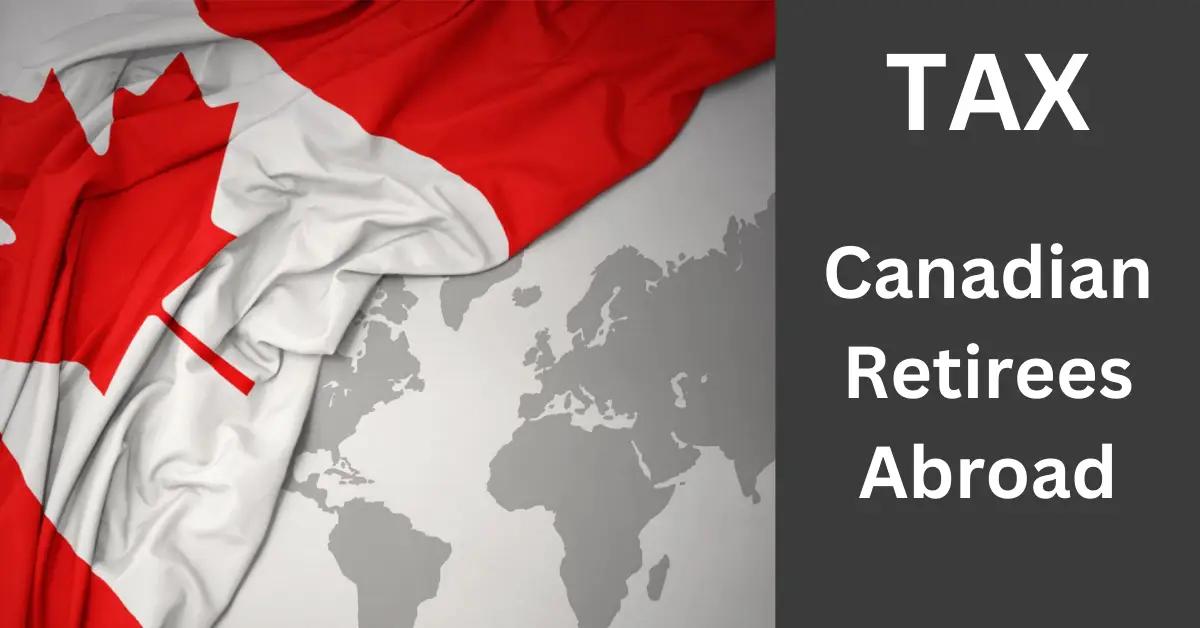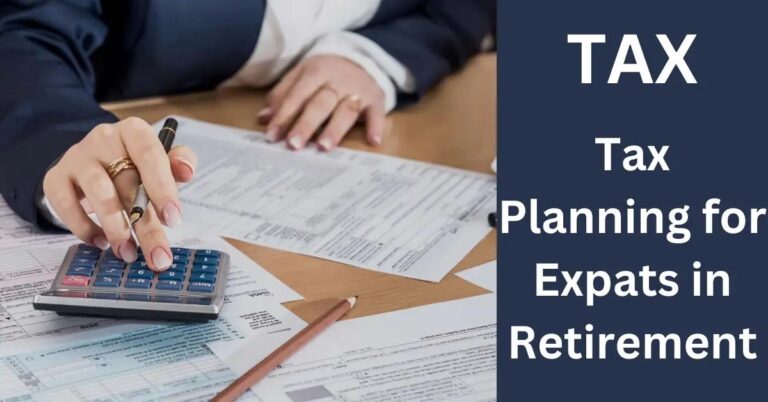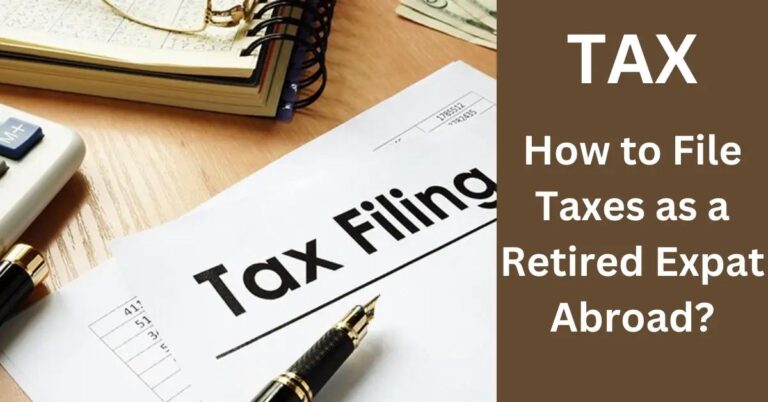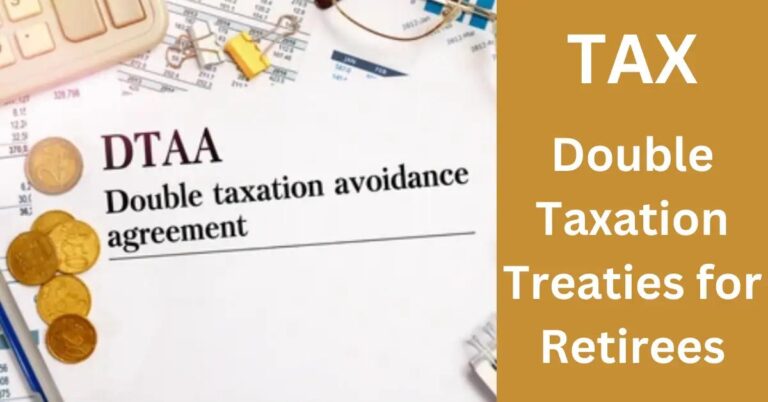TL;DR:
- Canadians living abroad must decide non-resident status with the CRA, affecting tax obligations.
- File Form NR73 to determine residency status for tax purposes.
- Non-residents pay Canadian taxes only on Canadian income; foreign income is not taxed.
- Canadian pensions face a withholding tax of 15%-25%.
- Understand tax treaties to avoid double taxation, especially for U.S. citizens.
- Retirees should use tax treaty benefits and double taxation agreements smartly, seeking expert advice.
- Retired Canadians abroad must manage foreign income reporting and align financial planning with treaties.
- Taxes vary by country; consider planning and consulting experts to avoid tax surprises when retiring abroad.
Navigating taxes abroad can be a wild ride for Canadian retirees. As you consider living outside Canada, understanding non-resident tax status is key. From tackling worldwide income taxation to making sure your Canadian retirement income stays untangled, I'll guide you. Let's minimize your tax burden by exploring double taxation agreements and strategic planning. And don't worry, we'll dive into the Canadian Revenue Agency's rules and get you set for a stress-free retirement.
Understanding Non-Resident Tax Status for Canadians
Do Canadians have to pay taxes if they live abroad? Yes. Taxes depend on your non-resident status. When you move abroad, your ties to Canada determine your tax duties. The Canada Revenue Agency (CRA) looks at factors like where you live, your family location, and your Canadian property.
How to declare non-resident status in Canada? First, inform the CRA. Fill out Form NR73, "Determination of Residency Status (Leaving Canada)." Make sure to provide details about your ties to Canada and abroad. The CRA will then decide your tax status based on these details.
Being a non-resident, you only pay taxes on income from Canada. This means you won't be taxed on worldwide income. However, Canadian pensions and annuities still face withholding tax. This tax can range from 15% to 25%, depending on tax agreements between countries.
Let’s talk about worldwide income taxation. As a non-resident, Canada taxes only income from Canadian sources. But the other country where you reside might tax you on global income. This is vital because it helps avoid double taxation and ensures compliance with local laws.
Now, is Canadian retirement income taxable to a U.S. citizen? It depends. U.S. citizens file taxes on global income regardless of where they live. But with a tax treaty between Canada and the U.S., you can prevent double taxation on certain incomes.
Understanding international tax laws in your new country is necessary. Every country has unique tax rules and may require you to report worldwide income. Always seek local tax advice to stay compliant with both Canadian and your new country’s rules.
So, as a Canadian living abroad, know your non-resident status, understand your tax duties, and stay informed about international tax rules to ensure proper tax management.
Tax Considerations for Canadian Retirees Abroad
Retiring abroad opens exciting possibilities, yet tax concerns loom large. What are tax considerations for Canadian retirees abroad during the tax year? You will need to manage taxes by understanding key elements: tax treaty benefits, double taxation agreements, and foreign income reporting.
Leveraging tax treaty benefits can ease your tax burden. These treaties prevent paying taxes twice on the same income. Canada has many treaties with other countries. Each has specific rules that can help you save.
It's crucial to know about double taxation agreements. They stop taxing the same income in two countries. How can double taxation risks be mitigated? Use these agreements smartly. Consult tax experts to ensure you apply them correctly.
Foreign income needs careful tracking. Canadian retirees must report this to Canada. Keeping accurate records helps avoid issues later. Filing requirements can vary by country, so know your deadlines.
Strategic planning is key in mitigating double taxation. You can align your income sources and deductions based on specific agreements. This strategy reduces tax bills and aligns with treaty terms.
Filing requirements also impact your taxes. Canadian retirees abroad have set filing rules. You might have to file returns in both Canada and your new country. Check each country's rules to stay compliant, especially during your first few years abroad.
Understanding these elements is vital. You might also want to consult a tax expert. They will provide guidance based on your unique situation. This will ensure you optimize your tax positions effectively.
With effective planning and knowledge, you can enjoy a worry-free retirement abroad.
Tax Considerations for Canadian Retirees Abroad?
Canadians can retire outside Canada. You must plan for taxes, though. When you move, taxes change. Each country has different rules. You should understand tax implications before you go.
What is the best country for Canadians to retire in? This depends. Some countries like Portugal have tax breaks. In other places, healthcare might be cheaper. Look at your full situation. Tax effects are only one piece.
Retirement relocation tax effects are important. Some people might pay taxes here and there. You should know possible costs. Find out if your retirement income is taxed again. Some nations have agreements to help with taxes.
Follow the Canadian Revenue Agency guidelines before you leave. You may need to change your status. Declaring non-residency is key. This choice impacts tax duties. It can change how you file taxes in Canada.
Use tax planning strategies abroad. Great planning saves money and stress. Start early. Track your costs and income. Plan for new taxes and any breaks.
Consult a cross-border financial advisor. They offer specific insights. They help you adapt to changes. They know both Canada and your new country. With their advice, money worries decrease.
In short, Canadian retirees have exciting choices. But tax planning is vital. Multiple factors decide where you might retire. Do your homework to avoid surprises. Proper prep keeps your retirement happy and smooth.
Conclusion
Navigating taxes as a Canadian expat can be tricky but manageable. Understanding non-resident tax status, worldwide income rules, and your Canadian retirement income is vital. Consider tax treaty benefits to avoid double taxation and know your foreign income reporting duties. Strategic tax planning and expert advice can help you choose the best retirement location. By addressing these key areas, you can simplify your life abroad and enjoy your new home while staying compliant. Always keep informed to handle these tax challenges effectively.












